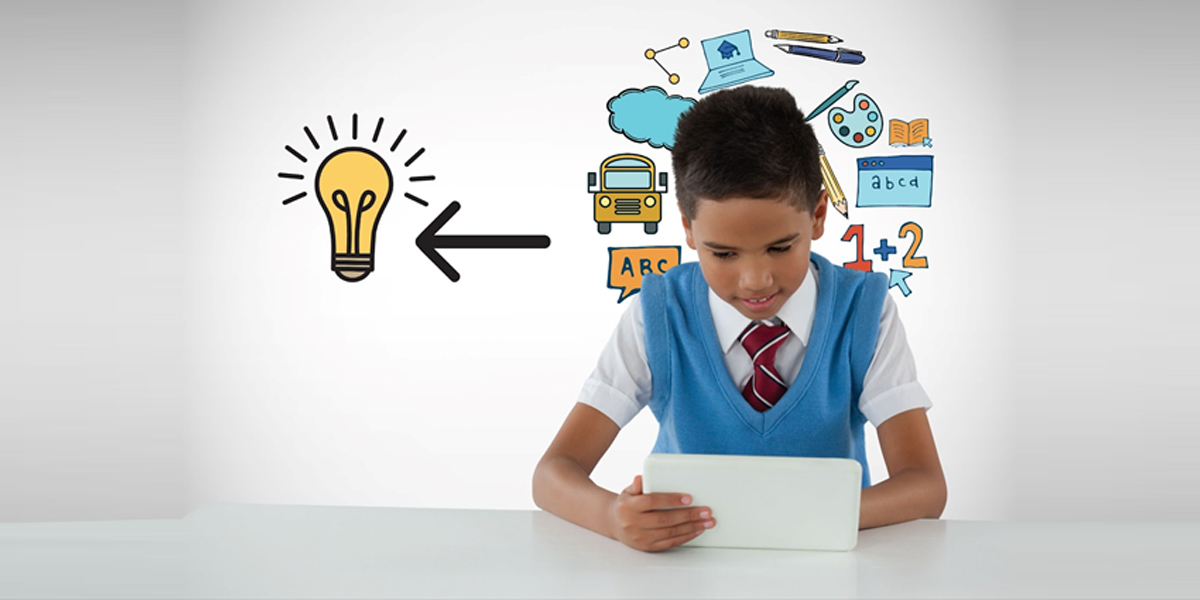
The terms "skill" and "competency" can be used interchangeably in the context of education, which might be confusing as to their actual significance. Understanding the distinction between these two concepts is crucial for personal growth and academic success.
Initially, skills and competencies may seem similar as they both refer to the ability to perform specific tasks or actions. However, upon closer examination, their underlying nature and application differ significantly. Below you can find a well-inscribed distinction between skill & competency as well as their common grounds.
Skills can be seen as the practical know-how and expertise required to complete specific tasks efficiently. These can be tangible abilities, such as writing, problem-solving, or mathematical proficiency. Students at Johnson IB often acquire an array of skills through rigorous coursework and extracurricular activities. While skills are essential for achieving success in various subject areas, they are limited in scope and may not necessarily translate into holistic academic excellence.
Simultaneously, competencies cover a broader set of features that go beyond mere practicality. Competencies are the combination of skills, knowledge, attitudes, and behaviors that enable students to tackle complex challenges and adapt to changing circumstances effectively. Unlike skills, competencies emphasize the development of a student's overall character, including critical thinking, creativity, communication, and collaboration. Johnson IB places a strong emphasis on fostering these competencies to cultivate well-rounded individuals who can thrive in diverse environments.
Where skills are important for performing specific tasks, competencies harness students with agile abilities that can be applied across various professional fronts and real-life situations. This quality is indeed valuable in today's fast-paced world, where individuals must constantly adapt to new challenges and opportunities. Our curriculum prioritizes building competencies alongside skills, ensuring that students are prepared not just for exams but also for life beyond academia.
The focus on competencies also aligns with the IBDP's learner profile, which outlines certain attributes that students are encouraged to develop throughout the program. These attributes include
• Being principled
• Open-mindedness
• Reflectiveness
• Caring, among others
By fostering these traits, we aim to yield global citizens who have compassion and can contribute positively to society.
As students progress through their IBDP Journey, they should be encouraged to recognize the distinction between skills and competencies. Ultimately skills that are honed and developing competencies will essentially lead your child to a successful future. Students ought to encourage embracing opportunities for self-reflection and seeking feedback, where challenging activities mean developing competencies beyond their comfort zones.
Ultimately, the incorporation of both skills and competencies in our curriculum creates a harmonious and holistic approach to education. Johnson IB equips its students with the tools they need to excel academically and thrive in the ever-changing global landscape.
The difference between skill and competency lies in the depths of their application. However, skills focus on specific tasks, whereas competencies cover a broader set of attributes that allow students to navigate through complex challenges and adapt accordingly.
